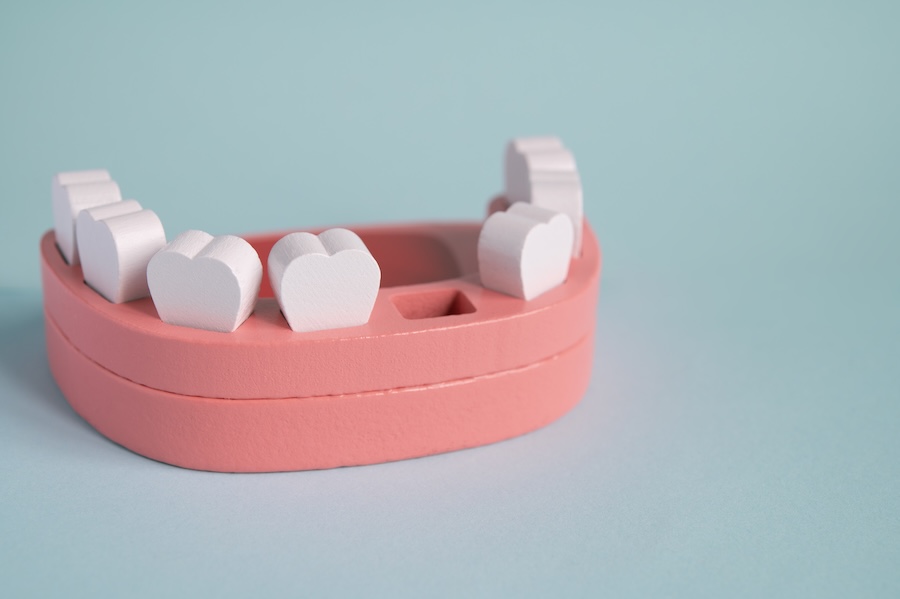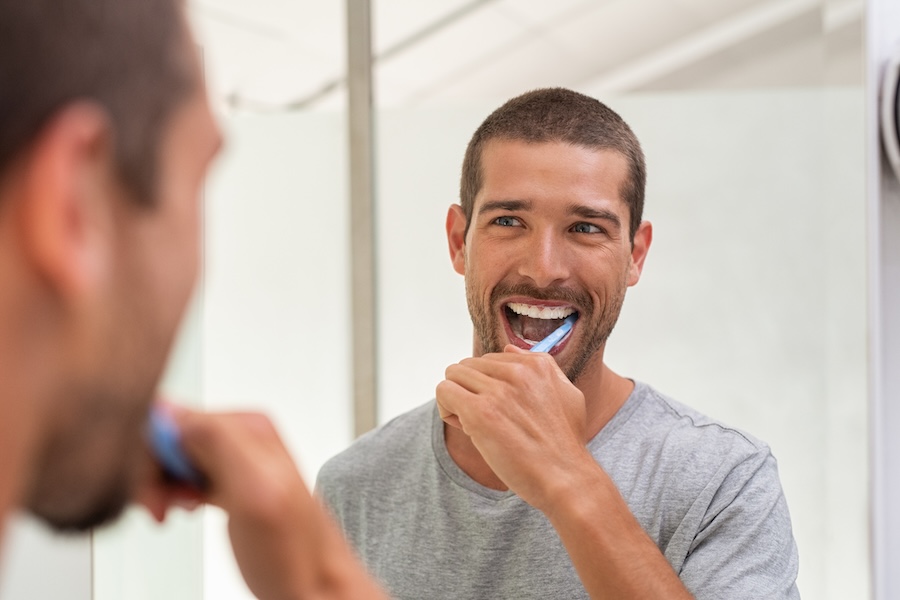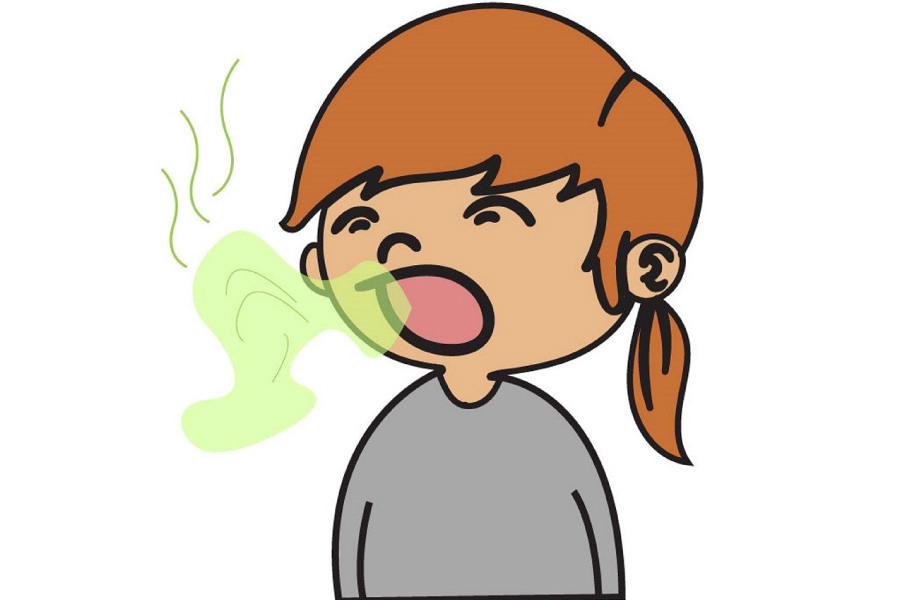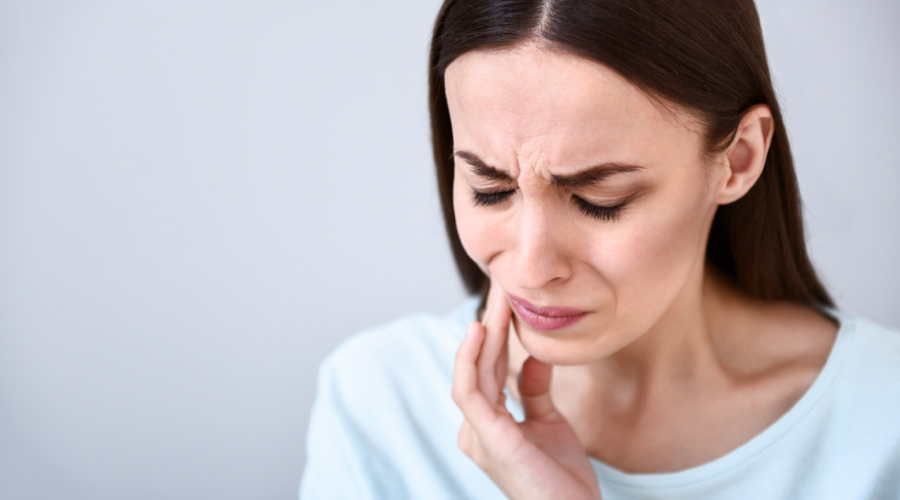
Missing teeth might seem like just a cosmetic issue, but the reality is they can lead to serious oral health problems. Teeth are designed to work as a team, and when one is missing, it disrupts the balance of your smile and bite.
Here’s a breakdown of what can happen if missing teeth go untreated—and why replacing them is so important for your overall health.
1. Bone Loss
Your teeth stimulate your jawbone every time you chew. When a tooth is missing, the bone in that area no longer gets the stimulation it needs to stay healthy. Over time, this leads to bone loss (called bone resorption), which can cause your facial structure to shrink or appear sunken.
Replacing missing teeth with dental implants can help preserve your jawbone and maintain your facial shape.
2. Shifting Teeth
When there’s a gap in your smile, your adjacent teeth may drift into the empty space. This can cause crowding or misalignment, making it harder to chew or clean your teeth properly.
Additionally, the opposing teeth (the ones that used to meet the missing tooth when you bite) may “supraerupt.” This means they move out of place, searching for something to push against, which can lead to more alignment problems.
3. Trouble Eating and Speaking
Gaps in your teeth can make it harder to chew certain foods, potentially impacting your nutrition. They can also affect your speech, making it difficult to pronounce certain words clearly. Tooth replacement options like bridges, implants, or dentures can restore proper function.
4. Extra Stress on Remaining Teeth
When a tooth is missing, the remaining teeth take on more of the workload. This added pressure can lead to cracks, excessive wear, or even further tooth loss.
Restore Your Smile at Villa Vista Dental in Elk Grove, CA
Replacing missing teeth is about more than looks—it’s essential for protecting your oral health and preserving your bite. At Villa Vista Dental in Elk Grove, CA, Dr. Ricky Tin and his team offer personalized solutions like dental implants, bridges, and dentures to restore your smile and prevent future problems.
Don’t let missing teeth disrupt your life. Contact Villa Vista Dental today to schedule a consultation and start your journey toward a healthy, complete smile!
Please contact us with questions or to schedule an appointment!









